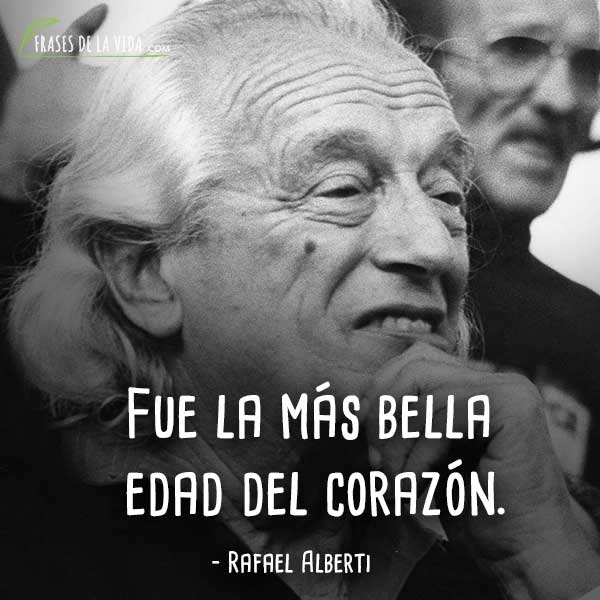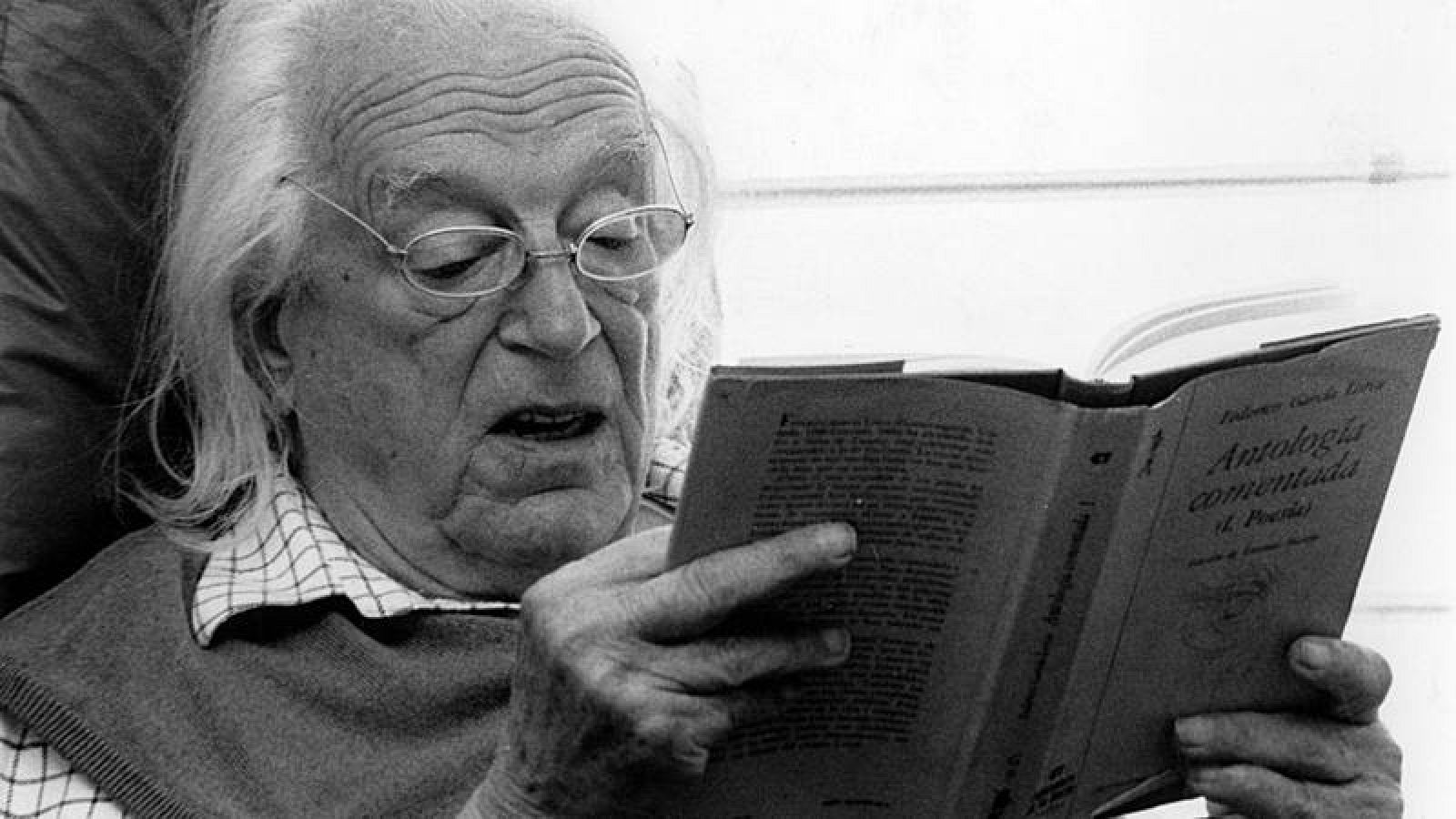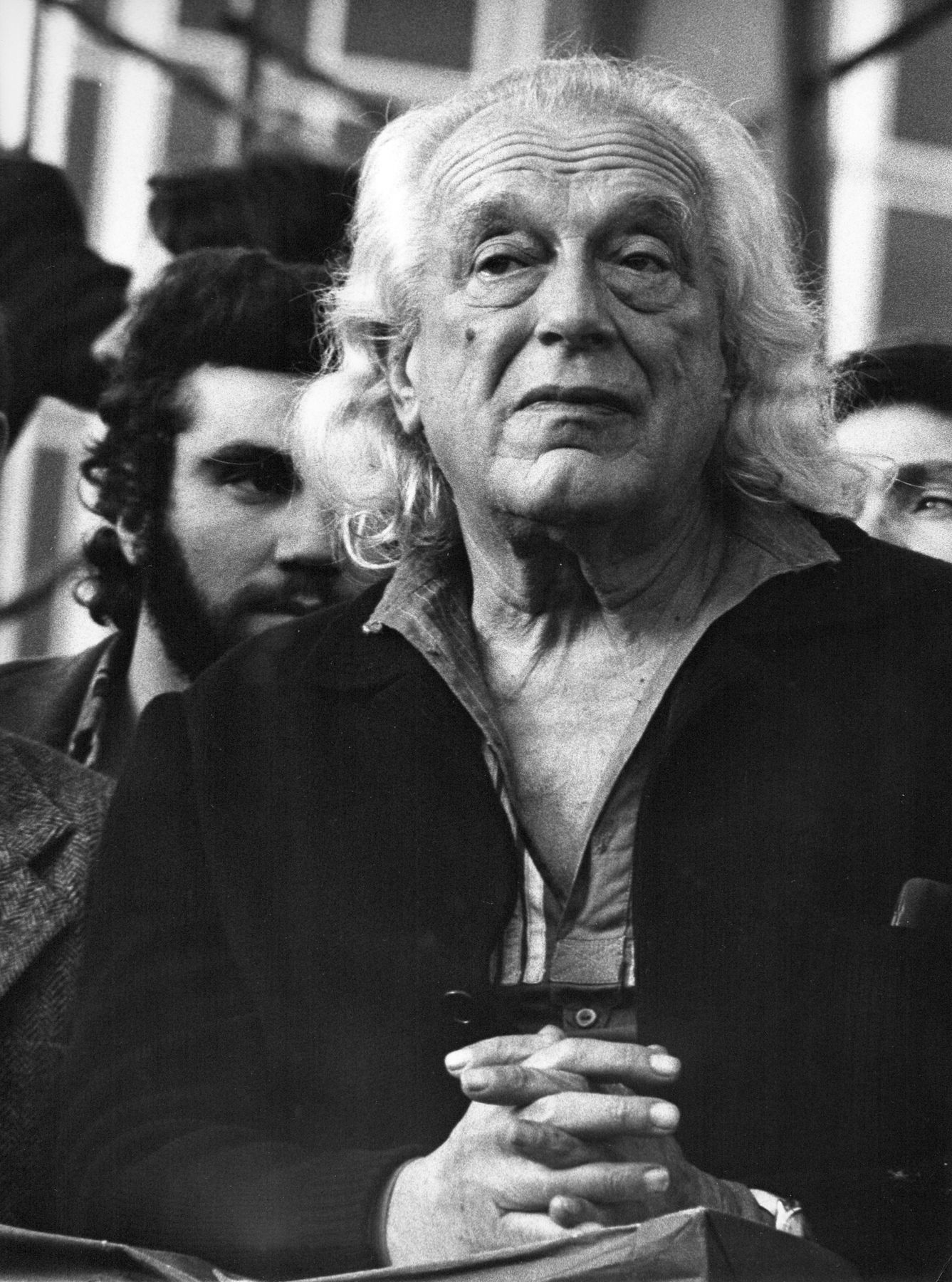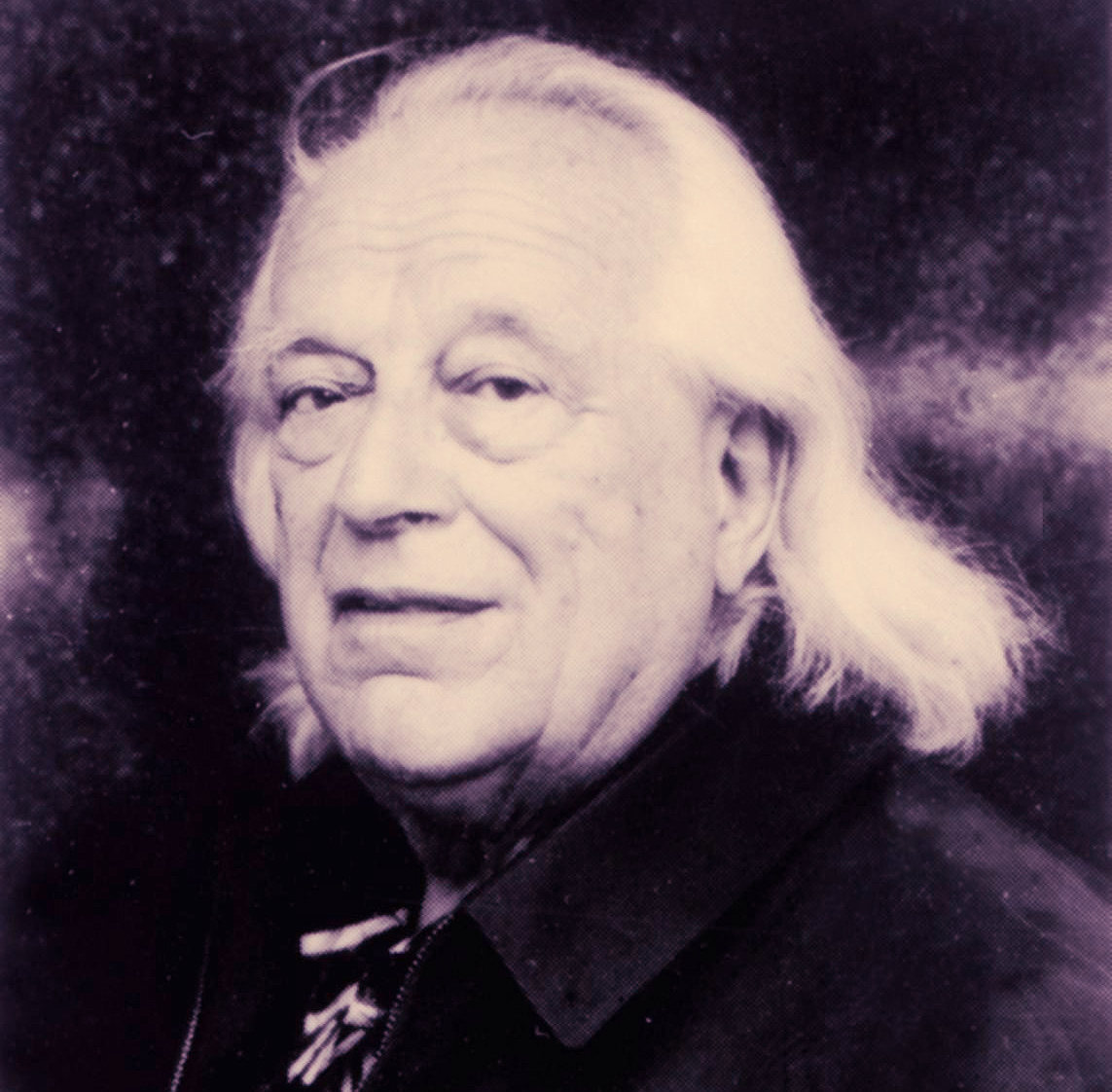
FrasesdeRafaelAlberti2 Frases de la vida
To Painting. : Rafael Alberti. Northwestern University Press, 1999 - Art - 251 pages. Each of the poems in this book is inspired by one of three different elements of painting: the painter, the colors, or the instruments used in creating the painting. The poems on colors take the form of numbered lists, each item of which names either a use to.

Rafael Alberti, 2 Sevilla, Salon con chimenea, Chimeneas
IN 'l'HE POETRY OF RAFAEL ALBERTI by Margaret Ellen Heisel A.B. Mount Saint Scholastica College, 1966 M.A. University of Kansas, 1968 Submitted to the Department of Spanish and Portuguese and the Faculty of the Graduate School of the University of Kansas in partial fulfillment of the re-quirements for the degree of Doctor of Philosophy.

Rafael Alberti Museo de Bellas Artes de Bilbao
compounded by a physical remove from their homeland. 2 Such is the case with Rafael Alberti, whose autobiography, La arboleda perdida, treats the author's yearning for his "bahia gaditana" from the title to the last line. Yet, curiously, the impact of the event that forced Alberti to leave Spain is

Todos los Rafael Alberti a través del archivo de RNE
Rafael Alberti won Spain's National Prize for Literature at age twenty-two for Marinero en tierra (Sailor on Land, 1925) and was soon drawn into the circle of poets who came to be known as the Generation of '27.This group, which included Frederico García Lorca, Pedro Salinas, Jorge Guillén, Luis Cernuda, and Vicente Aleixandre, among others, and who often gathered together in the cafés.

Rafael Alberti durante una entrevista Archivo ABC
Rafael Alberti, 25. 41. Rafael Alberti, 29-30. 42. Rafael Alberti, 31, 35. 43. The Fear of Freedom, 20, 23, 24. 44. The Fear of Freedom, 50. As Fromm also says, 'one particularly telling representation of the fundamental relation between man and freedom is offered in the biblical myth of man's expulsion from paradise' (27). 45.

Aquellas Cosas de Serrat RAFAEL ALBERTI 1969 SEGUNDO POETA QUE SERRAT MUSICALIZA
Rafael Alberti was born in Puerto de Santa Maria, Cadiz, in 1902 and died in the same town on October 28,1999. The fifth of six chil dren and the grandson of winegrowers of Italian descent, he went to a Jesuit school whose authority contrasted with his seacoast town. As poet Luis Garcia Montero points out, the sea in Alberti's poetry became

aninesmacadamnews Rafael Alberti Entrevista 2/9
Rafael Alberti Merello was a Spanish poet, a member of the Generation of '27. He is considered one of the greatest literary figures of the so-called Silver Age of Spanish Literature, and he won numerous prizes and awards. He died aged 96. After the Spanish Civil War, he went into exile because of his Marxist beliefs. On his return to Spain after the death of Franco, he was named Hijo.

Cuando el poeta Rafael Alberti visitó los estudios de Radio Praga Internacional (1955) Radio
From 1 to 2, from 2 To 3, from 3 to 4. Cold chalk and sponges Streaked and erased The light of deep space. No sun, moon or stars, Or the sudden green Of lightning and thunder, Or air. Only mist. Virgins with set-squares Or compasses, weeping. And on the dead blackboards, The angel of numbers, Lifeless, shrouded, On the 1 and the 2,

Discurso Rafael Alberti, Premio Cervantes 1983 RTVE.es
Alberti, Rafael (1902-1999) By Colás Cardona, Silvia. Born in Cadiz, Andalusia, and a member of what is known as the Generation of '27, Rafael Alberti started his career as an avant-garde painter. He began to paint when his family moved to Madrid in 1917, and later in his life, he admitted to thinking of himself as a painter before a poet.

RAFAEL ALBERTI ESPAÑA
Rate this book. Clear rating. 1 of 5 stars 2 of 5 stars 3 of 5 stars 4 of 5 stars 5 of 5 stars. La arboleda perdida. by. Rafael Alberti. 3.89 avg rating — 145 ratings — published 1975 — 32 editions. Want to Read. saving….
Dejame tu opinión Muerte y Juicio / Rafael Alberti
Rafael Alberti. A member of the group of Spanish poets known as the "Generation of 1927," Rafael Alberti (born 1902) was forced to leave his home at the conclusion of the Spanish Civil War. During his nearly 40 years in exile he established a reputation as one of the most prolific and diverse poets of his generation.

20 años de la muerte de Rafael Alberti
Marked by the political theatre of his time, Rafael Alberti also published two short farces in 1934. Both El bazar de la Providencia (The Bazaar of Providence) and La Farsa de los Reyes Magos (The Farce of the Magi) were characterized by a strongly anti-clerical tone. His characters are bishops, priests, civil guards, landowners and common people.

Rafael Alberti, el combatiente a distancia
Rafael Alberti Merello (16 December 1902 - 28 October 1999) was a Spanish poet, a member of the Generation of '27. He is considered one of the greatest literary figures of the so-called Silver Age of Spanish Literature, and he won numerous prizes and awards. He died aged 96.

Rafael Alberti litografía sin título 2/50 Subasta Real · Subastas de Arte Online
Rafael Alberti (born Dec. 16, 1902, Puerto de Santa María, Spain—died Oct. 28, 1999, Puerto de Santa María) Spanish writer of Italian Irish ancestry, regarded as one of the major Spanish poets of the 20th century.. Alberti studied art in Madrid and enjoyed some success as a painter before 1923, when he began writing and publishing poems in magazines.

Rafael Alberti 2 Poemas cortos YouTube
Rafael Alberti had at once the ill luck and the singular good fortune to flourish during Spain's second great literary boom. Despite his acknowledged worth, he was overshadowed by several of his.

Dexedrina Rafael Alberti (retratos)
Raphael Alberti . Rafael Alberti Merello (El Puerto de Santa María, December 16, 1902-El Puerto de Santa María, October 28, 1999) was a Spanish writer, especially recognized as a poet, member of the generation of 27. He is considered one of the greatest writers of the so-called Silver Age of Spanish literature. Active member of the Spanish Communist Party (PCE), he went into exile after the.